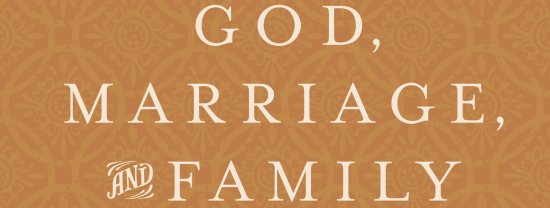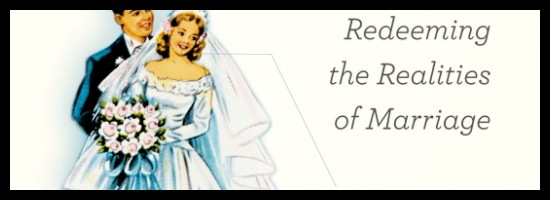Crossway have recently launched the 2nd Edition of God, Marriage, and Family: Rebuilding the Biblical Foundation by Andreas J. Kostenberger. You can find out about the book here. It comprehensively deals with the Old Testament, the New Testament and current topical issues. I’m currently studying Christian Ethics at college and it’s a useful text for a theological college student, but I think it’s not beyond the average reader. I know of a number of churches that use this as required reading for couples before they get married. Marriage is currently under attack in our world… there’s no better time to be acquainted with God’s good plans for relationships than now!

Here’s a blurb from the product website:
The release of the landmark first edition of God, Marriage, and Family provided an integrated, biblical treatment of God’s purposes for the home. Since then, explain authors Andreas Köstenberger and David Jones, the crisis confronting modern households has only intensified, and yet the solution remains the same: obedience to and application of God’s Word.
In the second edition of God, Marriage, and Family, Köstenberger and Jones explore the latest controversies, cultural shifts, and teachings within both the church and society and further apply Scripture’s timeless principles to contemporary issues. This new edition includes an assessment of the family-integrated church movement; discussion of recent debates on corporal punishment, singleness, homosexuality, and divorce and remarriage; new sections on the theology of sex and the parenting of teens; and updated bibliographies. This book will prove to be a valuable resource for personal and group study, Christian counseling, and marriage and family courses.
Get your hands on a copy:






